Insider Market Research is thrilled to announce the publication of its latest report, titled ” Global Bioanalytical Testing Market Size, Share, and Growth & Trends Analysis.” This report offers an in-depth look at the rapidly evolving Global Bioanalytical Testing Market, exploring its size, share, and growth trends across various sectors and geographic regions from 2024 to 2031.
According to the report, the Global Bioanalytical Testing Market was valued at USD $3.8 billion in 2023 and is projected to soar to USD $8.1 billion by 2031, marking a staggering compound annual growth rate (CAGR) of 8.6% over the forecast period.
Bioanalytical Testing Market Overview:
The global bioanalytical testing market is experiencing significant growth driven by advancements in technology, increasing outsourcing of testing services, and the rising demand for personalized medicine. The industry is adopting high-throughput screening methods, automation, and advanced analytical techniques to improve testing accuracy and efficiency. Innovations in multi-omics integration and digital transformation are enabling comprehensive molecular profiling and real-time diagnostics, enhancing data management capabilities. Recent collaborations, such as that between Allumiqs and Prolytix, are leveraging AI-driven solutions and next-generation proteomics technology to accelerate drug discovery processes. This partnership aims to enhance the efficiency of bringing new therapeutics to market. There is a growing trend among pharmaceutical and biotechnology companies to outsource bioanalytical testing services to specialized firms, primarily driven by the need to reduce costs and focus on core competencies, with an increasing number of companies recognizing the benefits of partnering with contract research organizations (CROs) for their testing needs. The demand for personalized medicine is rising, with bioanalytical testing playing a crucial role in developing and validating personalized therapies, particularly in oncology, where tailored treatments are essential. The market remains highly competitive, with major players like Eurofins Scientific, Charles River Laboratories, and SGS actively expanding their service offerings through mergers, acquisitions, and partnerships. This competitive environment is expected to foster innovation and the introduction of new solutions in the bioanalytical testing space. Overall, the bioanalytical testing market is poised for robust growth, driven by technological advancements, increased outsourcing, and a focus on personalized medicine.
Bioanalytical Testing Market Dynamics:
Growth Drivers:
1. Technological Advancements in Bioanalytical Testing:
Technological innovations, such as high-throughput screening, advanced chromatography, and mass spectrometry techniques, are significantly enhancing the capabilities of bioanalytical testing. These advancements allow for more precise, accurate, and rapid analysis of biological samples, driving demand across pharmaceuticals, biotechnology, and clinical research sectors. Enhanced automation and integration of AI in data analysis also reduce human error and increase efficiency, further propelling market growth. Continuous improvements in testing methodologies ensure better sensitivity and specificity, expanding the scope of applications and fostering innovation in drug development and diagnostic procedures.
2. Increasing Prevalence of Chronic Diseases:
The rising incidence of chronic diseases, such as diabetes, cancer, and cardiovascular conditions, necessitates extensive bioanalytical testing for early detection, monitoring, and management. With an aging global population and lifestyle changes contributing to these diseases, there is a growing demand for reliable diagnostic and therapeutic monitoring tools. Bioanalytical testing is crucial for the development of targeted therapies and personalized medicine, which are increasingly sought after in managing chronic conditions. This surge in chronic disease prevalence directly boosts the need for advanced bioanalytical services, driving market expansion.
Restraining Factors:
1. High Costs Associated with Bioanalytical Testing:
The bioanalytical testing market faces significant cost-related challenges. Advanced testing technologies and equipment, such as mass spectrometers and high-performance liquid chromatography systems, require substantial capital investment. Additionally, the operational costs, including maintenance, calibration, and skilled personnel, contribute to high overall expenses. These costs can be prohibitive for smaller research labs and emerging biotech firms, limiting market accessibility. Furthermore, stringent regulatory requirements and the need for continuous compliance add to the financial burden, potentially slowing down the adoption of advanced bioanalytical testing services.
Opportunity Factors:
1. Emergence of Personalized Medicine:
Personalized medicine, which tailor medical treatment to individual characteristics, is gaining significant traction. This approach relies heavily on bioanalytical testing for precise biomarker identification, pharmacogenomics, and therapeutic drug monitoring. The growing emphasis on personalized treatment plans creates a substantial demand for advanced bioanalytical services capable of delivering high accuracy and specificity. Companies specializing in bioanalytical testing have the opportunity to develop innovative solutions that cater to the needs of personalized medicine, potentially capturing a significant market share and driving growth in this niche segment.
2. Growing Demand in Emerging Markets:
Emerging markets, particularly in Asia-Pacific and Latin America, present substantial growth opportunities for the bioanalytical testing market. These regions are witnessing increased healthcare expenditure, improved healthcare infrastructure, and a rising focus on R&D activities. Additionally, the growing prevalence of chronic diseases and the expanding pharmaceutical and biotechnology industries in these areas contribute to the heightened demand for bioanalytical testing services. Companies can leverage these opportunities by establishing strategic partnerships, expanding their presence, and offering cost-effective solutions tailored to the specific needs of emerging markets.
Challenges:
1. Complexity of Bioanalytical Methods:
The inherent complexity of bioanalytical methods poses significant challenges. Advanced techniques such as LC-MS/MS (liquid chromatography-tandem mass spectrometry) require specialized knowledge and expertise for accurate interpretation and troubleshooting. The complexity of sample preparation, extraction, and analysis processes increases the potential for variability and error. Ensuring consistent and reproducible results across different laboratories and studies demands rigorous standardization and validation procedures. Addressing these complexities requires ongoing training, method development, and adherence to best practices, which can be resource-intensive and time-consuming.
Bioanalytical Testing Market: Segmentation
By Molecule:
- Small Molecule
- Large Molecule- LC-MS Studies
- Immunoassays
- PK
- ADA
- Others
By Test:
- ADME- In-Vivo
- In-Vitro
- PK
- PD
- Bioavailability
- Bioequivalence
- Others
By Workflow:
- Sample Preparation- Protein Precipitation
- Liquid-Liquid Extraction
- Solid Phase Extraction
- Sample Analysis- Hyphenated technique
- Chromatographic technique
- Electrophoresis
- Ligand Binding Assay
- Mass Spectrometry
- Nuclear Magnetic Resonance
- Other Workflow Processes
By Application:
- Oncology
- Neurology
- Infectious Diseases
- Gastroenterology
- Cardiology
- Other Applications
By End Use:
- Pharma & BioPharma Companies
- CDMO
- CRO
Bioanalytical Testing Market: Key Players
- Thermo Fisher Scientific Inc (PPD, Inc.)
- ICON Plc.
- Charles River Laboratories International
- Covance, Inc.
- IQVIA
- Syneos Health
- SGS SA
- Labcorp (Toxikon)
- Intertek Group Plc.
- Pace Analytical Services LLC
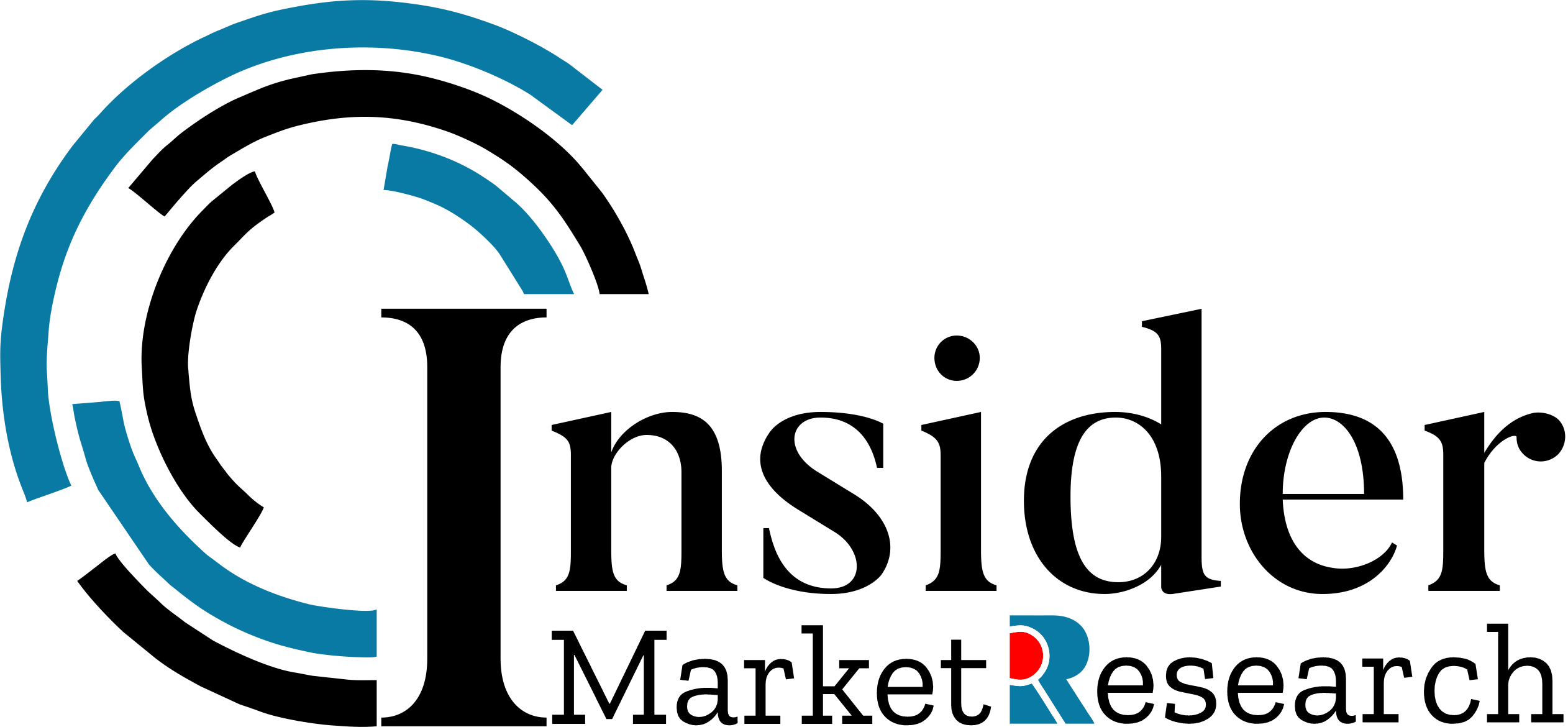
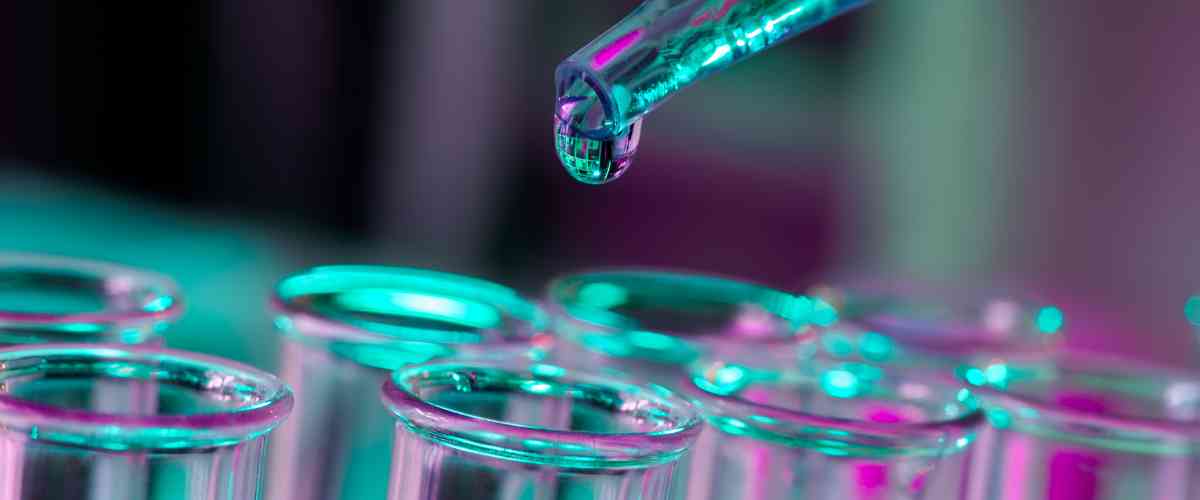
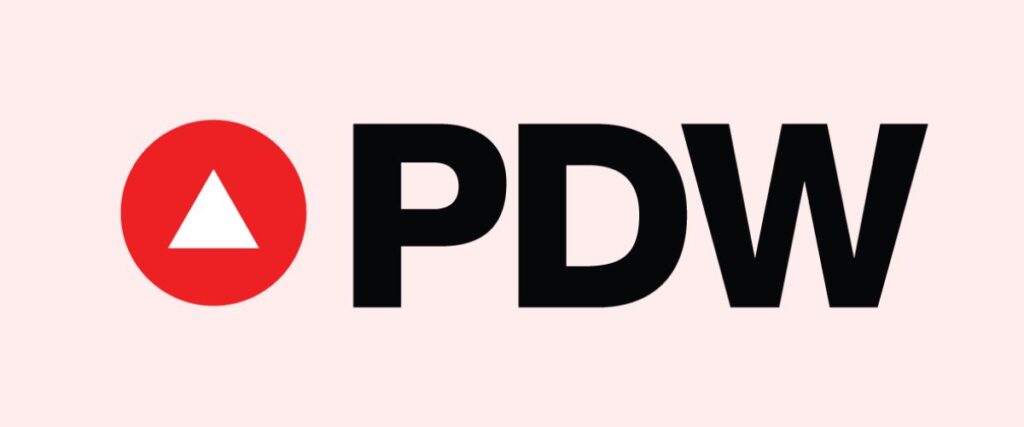
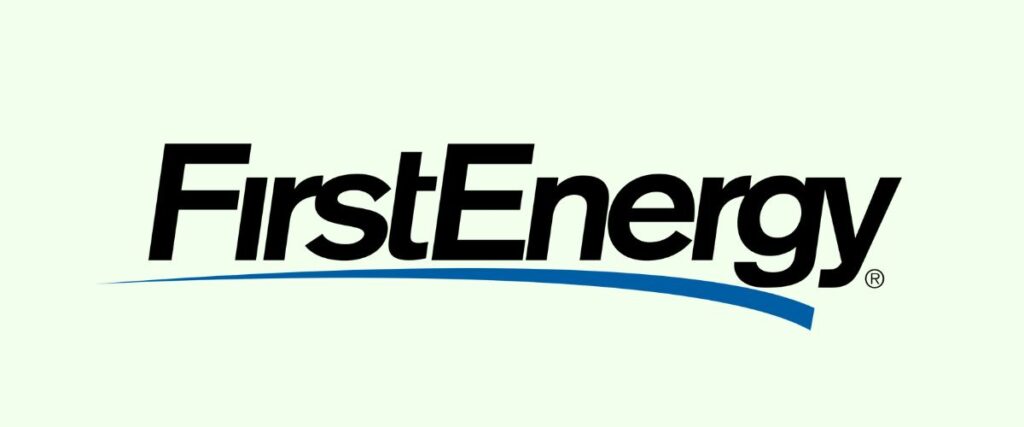
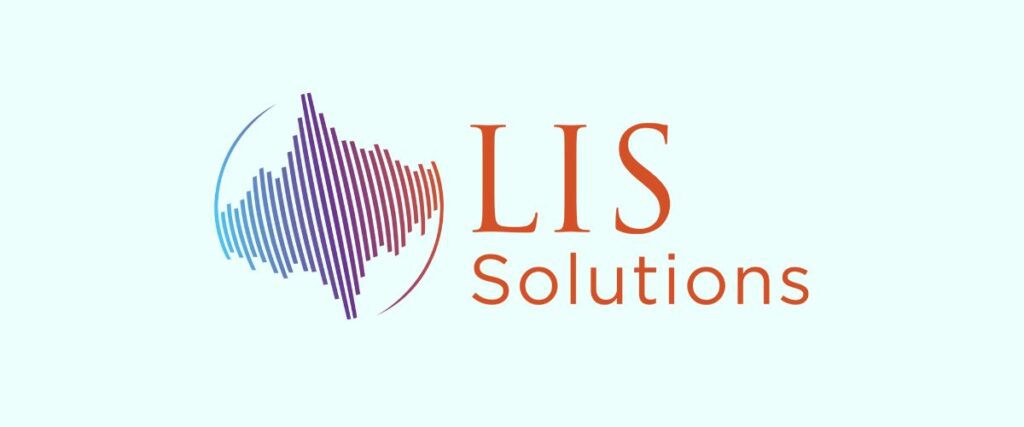
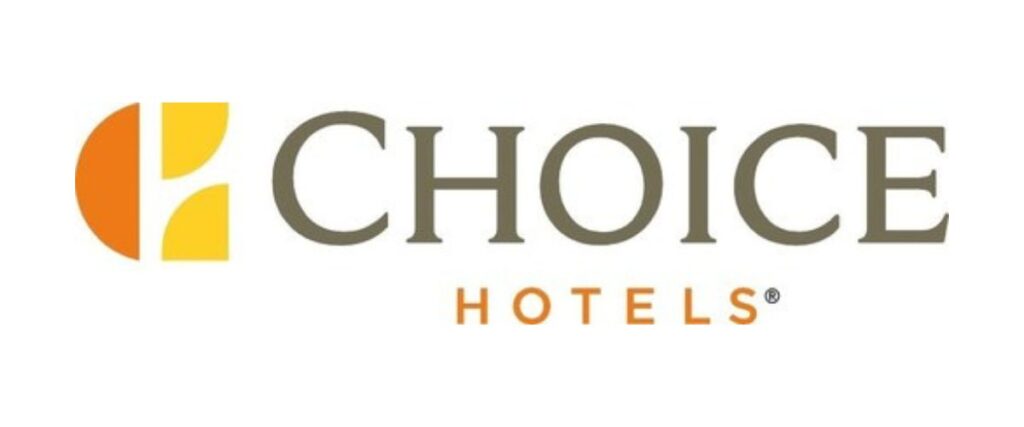
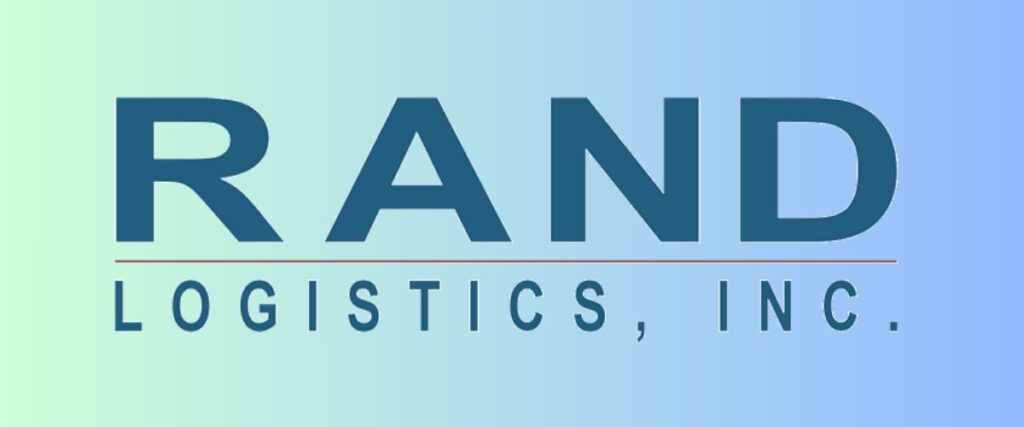
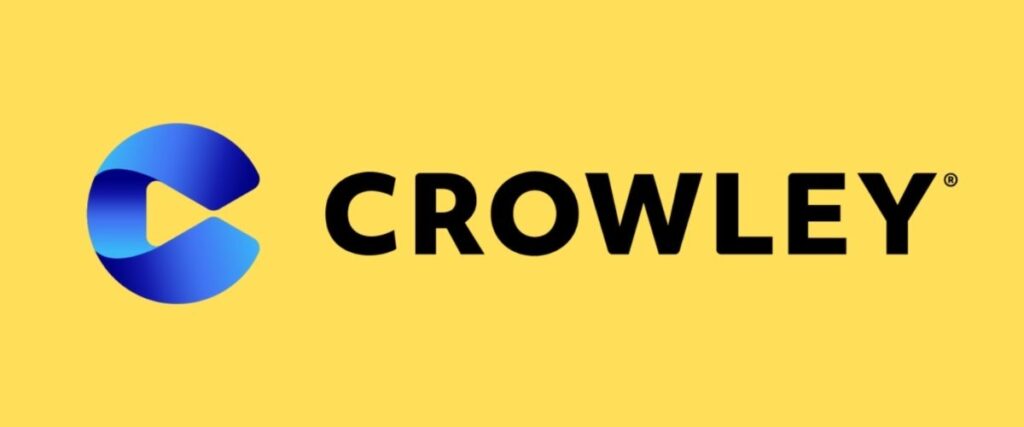
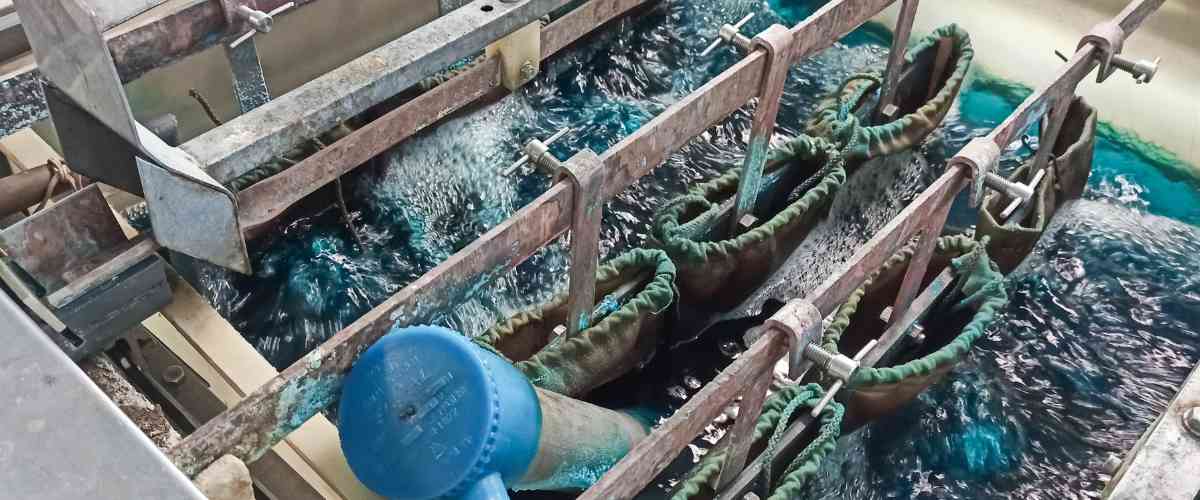

![[Source-artfertilityclinics.com]](https://insidermarketresearch.com/wp-content/uploads/2024/10/4-Global-Addiction-Treatment-Market-Press-Release-Source-artfertilityclinics.com_.jpg)

![[Source-accesswire.com]](https://insidermarketresearch.com/wp-content/uploads/2024/10/1-ESD-Protection-Devices-Source-accesswire.com_.jpg)